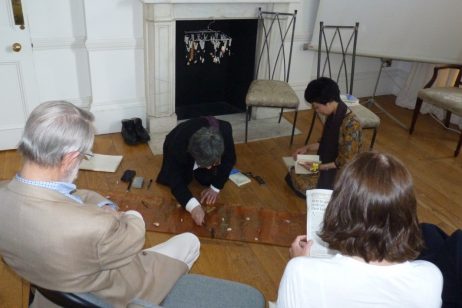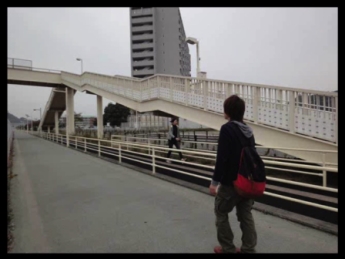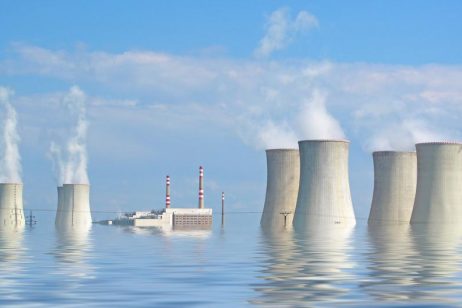13 November 2013
Japan’s Direction: Pacifism and Legitimate Use of Force
How is the Japanese debate about the use of force evolving? In a fast-evolving East Asian security environment, there is an intensifying debate among Japanese politicians and legal experts about when the use of force in international relations is acceptable, and the interpretation, and possible revision, of Japan’s post-War “Peace Constitution”.
More info








